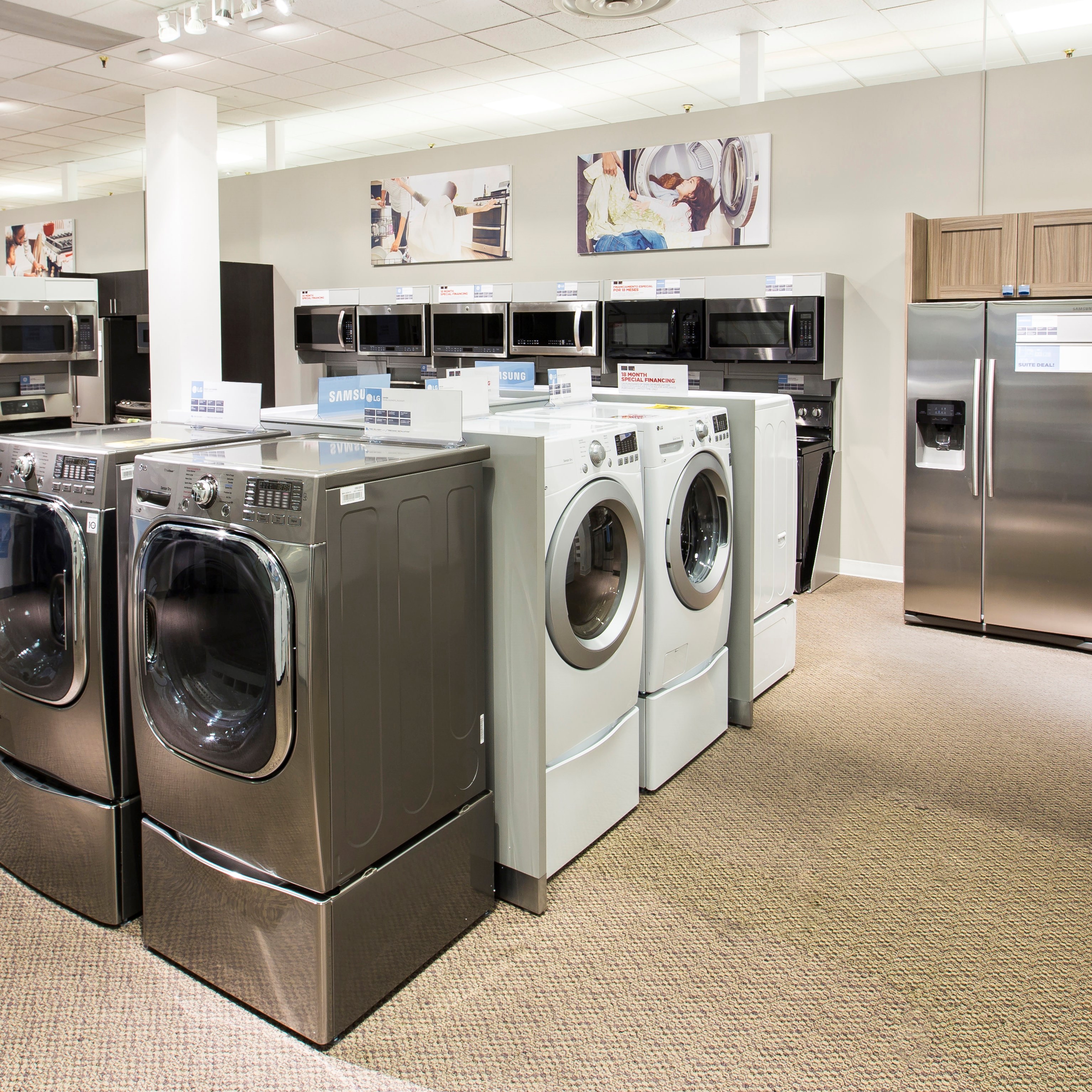
Durable goods are showing not to be all that durable, and this matters as it can add up to a lot of the impact on gross domestic product (GDP). This is the reading of sales of the big-ticket items that consumers and businesses generally keep and use for years. It is also among the most volatile of all economic numbers regardless of the broader economic trends.
New orders in the month of August came in flat at 0.0%, far better than the −1.9% consensus from Bloomberg and than the −1.5% consensus estimate from Dow Jones (Wall Street Journal). The annual number looked worse at −1.3%.
When you remove transportation from the mix, things look less positive. August’s ex-transportation durable goods orders were down by 0.4%, closer to the −0.5% consensus estimate from Bloomberg.
Durable goods excluding defense were down by 1.0% in August.
The core capital goods reading showed a gain of 0.6% in August, but July’s reading was revised to a gain of 0.8% from a preliminary reading of 1.6% projected.
Sadly, those huge gains from July were revised to a more reasonable level on the monthly readings. The headline durable goods were revised to a gain of 3.6% from a prior 4.4% in July. The ex-transportation reading was revised to a gain of 1.1% from a prior 1.5% gain reported for July.
Bloomberg’s monthly reading synopsis said:
This reading excludes a 22 percent downswing in civilian aircraft orders that is offset in part, however, by a solid 0.7 percent gain for vehicle orders. Readings on core capital goods (nondefense excluding aircraft) are mixed with orders up 0.6 percent, which points to shipment strength ahead, but current shipments are down -0.4 to extend a long string of declines going back to May. The weakness here in shipments is a negative for business investment in the GDP report.
The synopsis from Reuters said:
New orders for non-military U.S. capital goods other than aircraft rose for a third straight month in August, a positive signal for the business investment outlook. … Business spending has contracted since the fourth quarter of 2015, in part as companies slashed capital spending budgets in response to lower oil prices. The slump in investment has worried Federal Reserve policymakers because it could depress longer-term economic growth.
Is Your Money Earning the Best Possible Rate? (Sponsor)
Let’s face it: If your money is just sitting in a checking account, you’re losing value every single day. With most checking accounts offering little to no interest, the cash you worked so hard to save is gradually being eroded by inflation.
However, by moving that money into a high-yield savings account, you can put your cash to work, growing steadily with little to no effort on your part. In just a few clicks, you can set up a high-yield savings account and start earning interest immediately.
There are plenty of reputable banks and online platforms that offer competitive rates, and many of them come with zero fees and no minimum balance requirements. Click here to see if you’re earning the best possible rate on your money!
Thank you for reading! Have some feedback for us?
Contact the 24/7 Wall St. editorial team.


